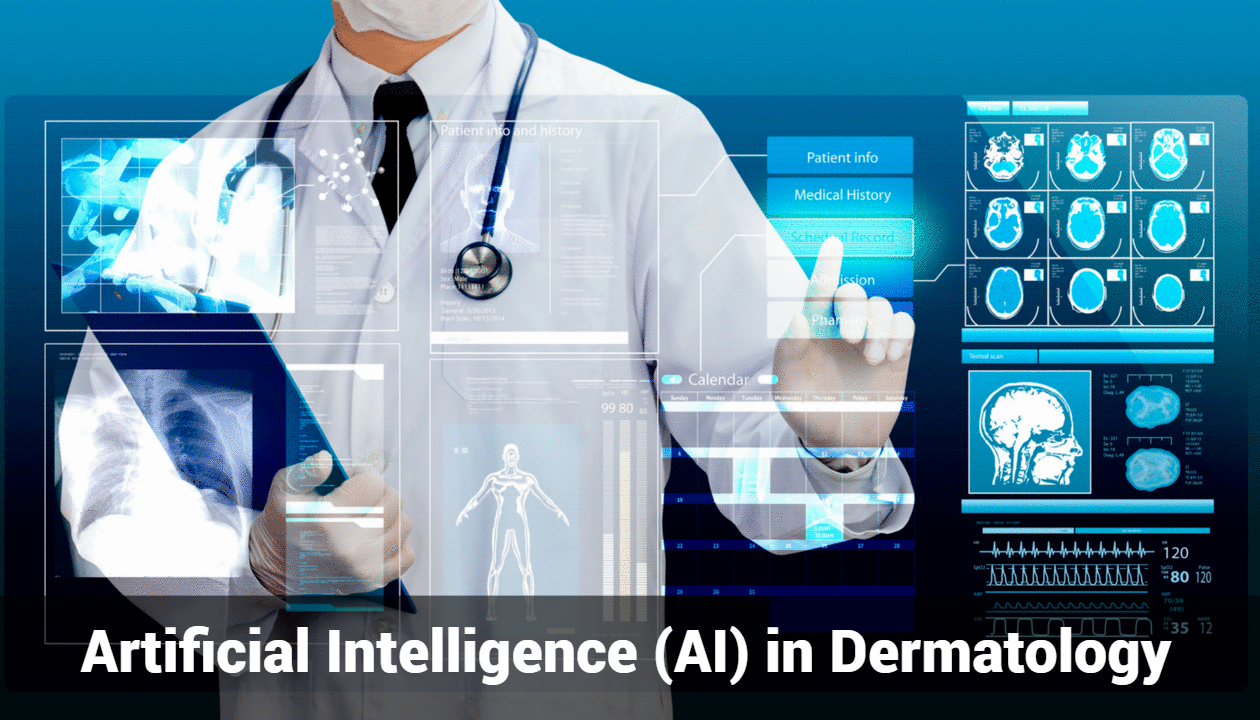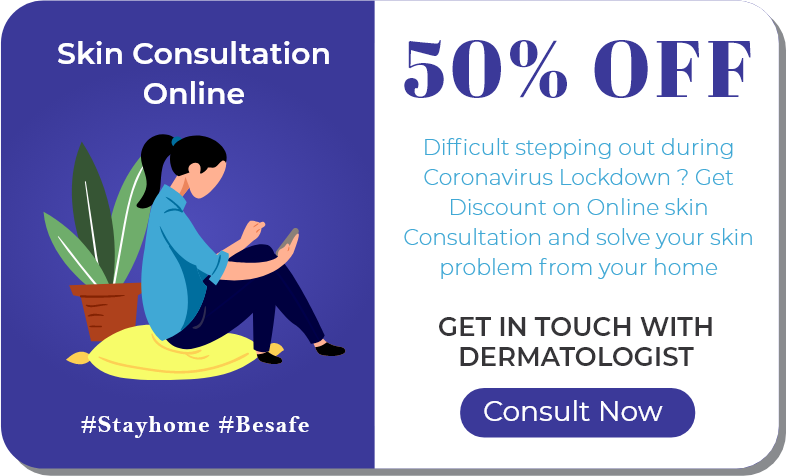Using Generative Artificial Intelligence (AI) in Dermatology

Artificial Intelligence (AI) has emerged as a transformative force in various industries, and dermatology is no exception. In recent years, AI has made remarkable strides in the field of dermatology, offering innovative solutions for early diagnosis, treatment, and patient care. Explores the fascinating world of AI in dermatology, highlighting its potential, applications, and the impact it has on both patients and healthcare professionals.
Understanding AI in Dermatology
Dermatology is the branch of medicine that focuses on the diagnosis, treatment, and prevention of skin disorders. AI, in the context of dermatology, refers to the use of machine learning algorithms and computer vision to analyze skin-related data. This includes images of skin conditions, patient records, and even genetic data. The primary goal of AI in dermatology is to enhance accuracy, speed, and efficiency in the diagnosis and management of skin diseases.
The Potential of AI in Dermatology
The integration of AI in dermatology holds vast potential. Here are some key areas where AI is making a significant impact:
Early Diagnosis: AI algorithms can analyze images of skin lesions and moles to identify potential skin cancer or other disorders. They can often detect subtle changes that may not be apparent to the human eye, allowing for early intervention.
Personalized Treatment Plans: AI can assist dermatologists in creating customized treatment plans based on a patient’s specific condition, medical history, and genetic factors. This personalized approach improves treatment outcomes.
Telemedicine: AI-powered telemedicine platforms enable patients to consult with dermatologists remotely. This is particularly valuable for individuals in remote areas or those with limited access to dermatological care.
Disease Classification: AI can classify various skin diseases, including rare conditions, with a high degree of accuracy. This aids in more precise and timely diagnosis.
Skin Imaging Analysis: AI can analyze images of skin conditions, providing valuable insights to both patients and healthcare professionals. This can assist in monitoring changes in skin health over time.
Applications of AI in Dermatology
AI is being used in dermatology for a wide range of applications, each contributing to improved patient care:
Skin Cancer Diagnosis: AI algorithms can identify suspicious moles or lesions and classify them as benign or potentially cancerous. This early detection is crucial for improving survival rates in skin cancer cases.
Psoriasis Management: AI can monitor the severity of psoriasis lesions over time, helping dermatologists adjust treatment plans as needed.
Acne Treatment: AI can recommend personalized skincare routines and products for acne-prone individuals, improving treatment efficacy.
Dermatoscopy: AI-powered dermatoscopes enhance the visualization of skin lesions, making it easier for dermatologists to make accurate diagnoses.
Disease Identification: AI can identify various skin conditions, from common rashes to rare genetic disorders, enabling faster and more accurate diagnosis.
Teledermatology: AI-driven telemedicine platforms allow for remote consultations, providing convenient access to dermatological expertise.
Challenges and Ethical Considerations
While the benefits of AI in dermatology are substantial, there are challenges and ethical considerations to address. These include issues related to data privacy, the need for regulatory frameworks, and the ongoing training and validation of AI models. Ensuring the responsible use of AI in healthcare is paramount to its success.
The Future of Dermatology with AI
The future of dermatology with AI is incredibly promising. As AI algorithms become more sophisticated and data sets grow, we can expect:
- Earlier and more accurate skin disease detection.
- Highly personalized treatment plans tailored to each patient.
- Improved access to dermatological care, especially in underserved areas.
- Enhanced patient engagement and education through AI-driven apps and resources.
- More efficient and streamlined workflows for dermatologists.
AI in dermatology is not a replacement for skilled healthcare professionals but a powerful tool that augments their capabilities. The combination of human expertise and AI’s analytical prowess offers a new era of precision and efficiency in dermatological care.
Conclusion
Artificial Intelligence has already made significant inroads in the field of dermatology, enhancing the way we diagnose, treat, and manage skin conditions. With ongoing advancements in AI technology, we can look forward to more accurate diagnoses, personalized treatment plans, and improved access to dermatological care. The collaboration between AI and dermatologists is a testament to the potential for innovation and enhanced patient outcomes in the realm of skin health. As AI continues to evolve, so does the future of dermatology.
Discover the future of dermatological care with Tibot.AI, the ultimate AI tool for skin health. Say goodbye to skin concerns and embrace a brighter, healthier tomorrow. Experience the revolution: Our Tibot.AI App and unlock the power of AI for your skin!





